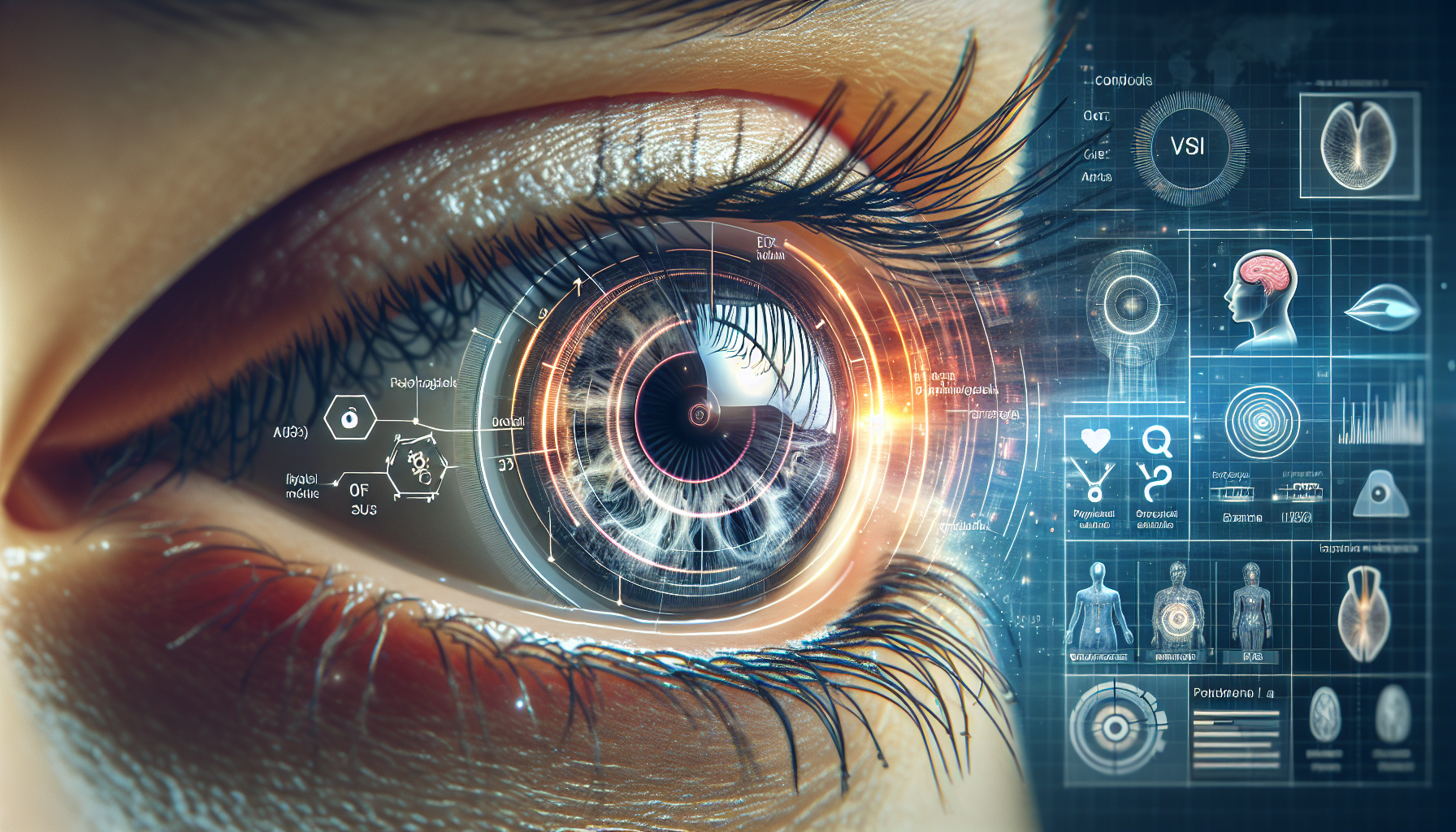In a recent study by the University of Cambridge, it was found that the clinical knowledge and critical thinking abilities of GPT-4, a sophisticated language model, are nearing the expertise of specialized eye doctors. When tested on a variety of patient scenarios involving unique eye issues, GPT-4 outperformed unspecialized junior doctors, and matched the scores of trainee and expert eye doctors. However, it is worth noting that the best-performing doctors still scored higher.
Despite this, researchers believe that while these advanced language models are unlikely to replace healthcare professionals, they hold the potential to enhance the quality of healthcare when incorporated into the clinical workflow. They suggest that models like GPT-4 could be instrumental in providing eye-related advice, diagnosing conditions, and recommending treatment strategies in controlled environments, such as when triaging patients or in areas with limited access to specialized healthcare professionals.
According to Dr. Arun Thirunavukarasu, the lead author of the study, AI could be deployed in triaging patients with eye issues, determining the urgency of each case, and deciding whether they require immediate attention from a specialist, could be seen by a general practitioner, or don’t need treatment at all. He adds that GPT-4 has proven to be as proficient as expert clinicians in processing eye symptoms and answering complex questions.
In the future, these large language models could also guide general practitioners in need of immediate advice from eye doctors, considering the increasing wait times for eye care in the UK. However, large volumes of clinical text are required to fine-tune and further develop these models, and work is ongoing globally to facilitate this process.
The researchers believe that their study is superior to similar ones as they compared AI’s abilities to those of practicing doctors, rather than just exam results. As Thirunavukarasu, who is now an Academic Foundation Doctor at Oxford University Hospitals NHS Foundation Trust, puts it, “Doctors aren’t revising for exams for their whole career. We wanted to see how AI fared when pitted against the on-the-spot knowledge and abilities of practicing doctors, to provide a fair comparison.”
The AI was tested on a wide spectrum of eye problems, including extreme light sensitivity, decreased vision, lesions, itchy and painful eyes, with questions taken from a textbook used for testing trainee eye doctors. The results of the study are now published in the journal PLOS Digital Health.
Despite the promising future of AI in medicine, Thirunavukarasu emphasizes that doctors will continue to oversee patient care. The goal is to enable patients to decide whether they want computer systems involved in their care or not, and that should be a personal decision.
GPT-4 and its earlier version, GPT-3.5, are large language models trained on datasets comprising hundreds of billions of words from articles, books, and other internet sources. Other comparable models include Pathways Language Model 2 (PaLM 2) and Large Language Model Meta AI 2 (LLaMA 2). GPT-4, which powers the online chatbot ChatGPT, provided more accurate responses than all of them, including GPT-3.5, PaLM2, and LLaMA.
ChatGPT has recently gained considerable attention in the medical field for its impressive performance in medical school exams and for providing more accurate and empathetic responses to patient queries than human doctors. As the field of AI-based large language models continues to progress rapidly, even more advanced models are being released, potentially bringing AI even closer to the expertise level of specialist eye doctors.

Comments are closed for this post.